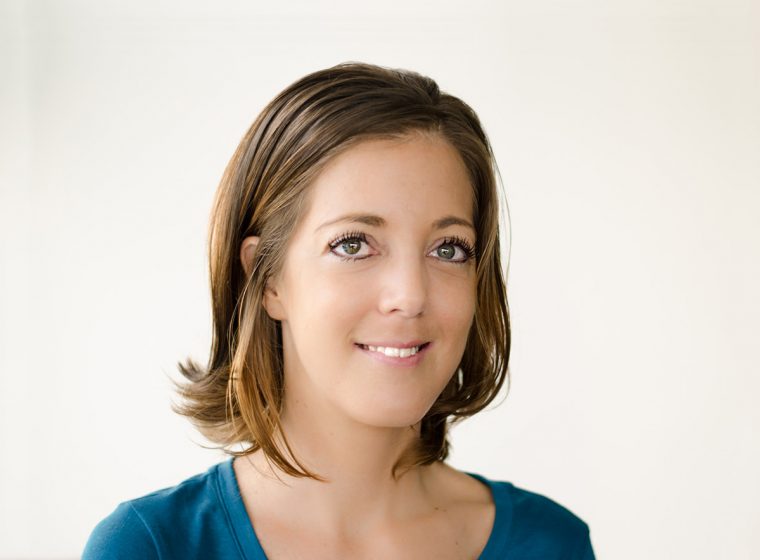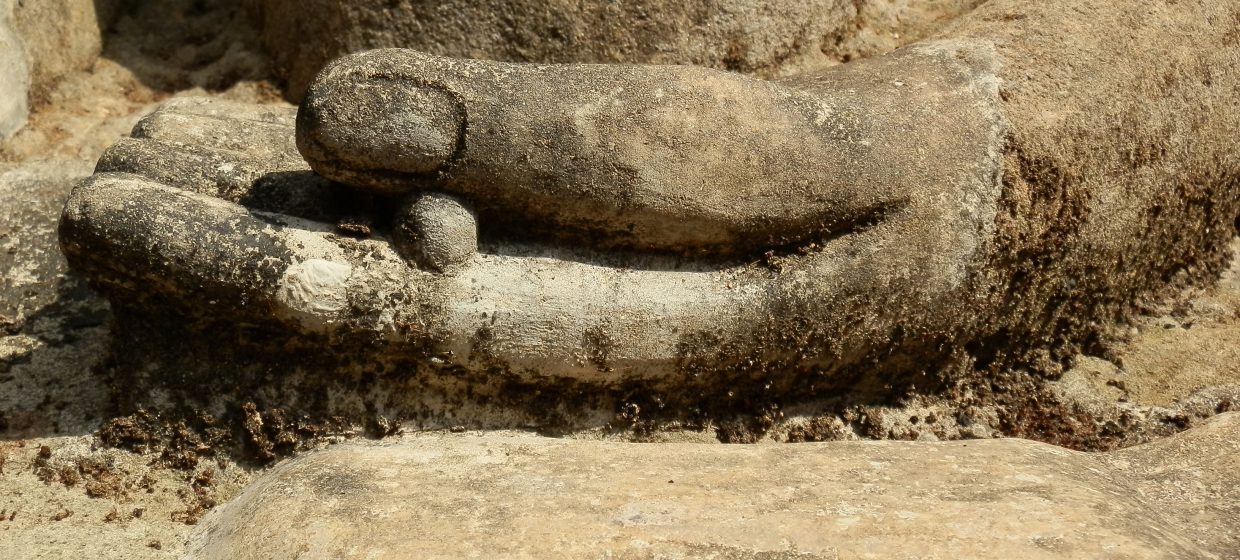
Dr Céline Coderey
Fellow
Tembusu College
National University of Singapore
Research Fellow
Asia Research Institute
National University of Singapore
 rctceli@nus.edu.sg
rctceli@nus.edu.sg
 (+65) 6516 4562 (Office)
(+65) 6516 4562 (Office)

Dr Céline Coderey is a Postdoctoral Fellow in the Science, Technology, and Society Cluster at the Asia Research Institute, and at Tembusu College.
Dr Coderey received her M.A and PhD in Anthropology from the University of Provence, Aix-Marseille 1 (France). Since completing her Masters degree, and especially during her PhD programme, Dr Coderey has studied the different conceptions of health / disease, and the therapeutic practices existing in Arakan (Burma); issuing from Theravada Buddhism, astrology, traditional medicine, alchemy, local spirits cults, etc. With a postdoctoral grant from the Swiss National Fund, she had then conducted research at the Centre Norbert Elias of Aix-en-Provence, focusing on the implementation and appropriation of biomedical practices in Burma, mainly in the fields of reproductive and mental health.
She is currently conducting research on the contemporary dynamics and changes in the health field in Burma / Myanmar, i.e. how political and social transformations within the country affect both the healing practices and the health-seeking process.
Course

